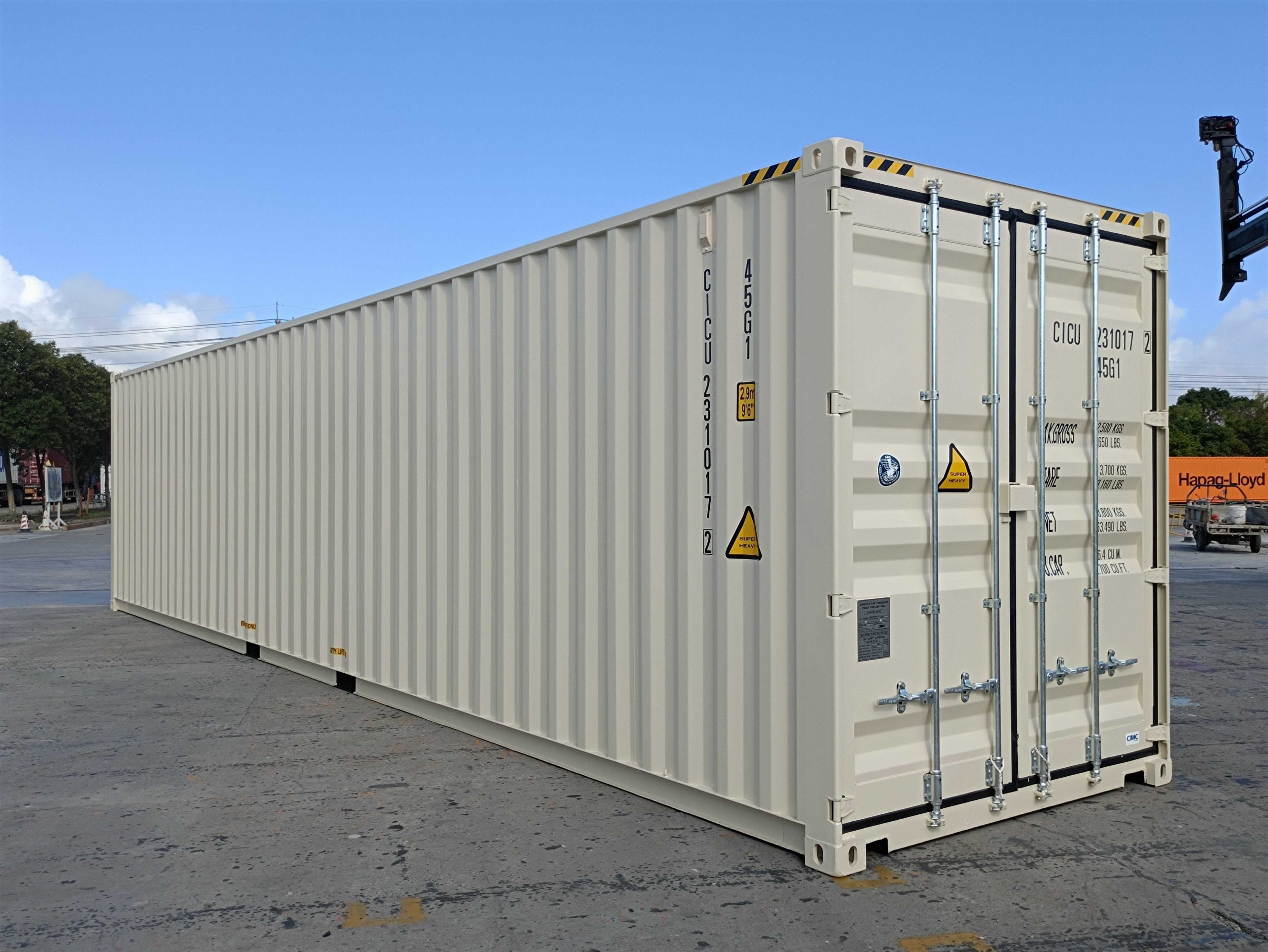Understanding the Versatility of a 20ft Shipping Container
In the world of logistics and shipping, the 20ft container has become a staple. This common steel box plays a crucial role in the transportation and storage of items, making it a fascinating topic to explore. In this post, we will dive deep into the dimensions, uses, benefits, and the role of 20ft shipping containers in various markets. Additionally, we'll deal with some frequently asked questions to give a detailed understanding of this vital part in worldwide commerce.
Dimensions and Specifications
Requirement Container Dimensions
| Requirements | Measurement |
|---|---|
| Length | 20 feet (6.058 m) |
| Width | 8 feet (2.438 m) |
| Height | 8.5 feet (2.591 m) (Standard) |
| Empty Weight | Roughly 2,300 kg (5,071 pounds) |
| Maximum Payload | Approximately 28,800 kg (63,000 lbs) |
| Volume | Approximately 33.2 cubic meters (1,172 cubic feet) |
Types of 20ft Containers
While the basic 20ft container is created for basic usage, numerous variations deal with specific needs:
- Standard Dry Van: This is the most common type and is appropriate for dry cargo.
- Reefers: Refrigerated containers that keep temperatures for disposable items.
- Open-Top Containers: Ideal for oversized cargo that can not fit through standard container doors.
- Flat Rack Containers: Used for transporting heavy or large loads that are open to the elements.
Uses of 20ft Shipping Containers
The applicability of 20ft containers is huge, varying from maritime shipping to innovative usages in building and construction and living spaces. Here are some of the most noteworthy applications:
1. Maritime Shipping
The primary function of 20ft containers is in the transportation of goods. Organizations around the world depend on these containers to move products securely and efficiently.
2. Storage Solutions
Many industries utilize 20ft containers as safe and secure storage units. This is specifically common in construction websites, warehouses, and retail spaces.
3. Mobile Offices
Organizations are repurposing shipping containers into workplace. These mobile systems are quickly transportable and versatile to different environments.
4. Tiny Homes
The popularity of tiny living has resulted in innovative designs utilizing shipping containers. A 20ft container provides a compact, sustainable home.
5. Pop-Up Shops and Kiosks
Business owners are making use of containers to produce temporary retail spaces, enabling them to reach new markets without long-term dedications.
6. Catastrophe Relief Shelters
Containers can be changed into temporary shelters for individuals affected by natural disasters. Their sturdiness and mobility make them an exceptional option for emergency situation circumstances.
Advantages of Using 20ft Shipping Containers
Shipping containers have a number of benefits that make them interesting organizations and individuals alike.
Durability
Built from high-strength steel, 20ft containers are created to stand up to rough handling and severe ecological conditions.
Cost-Effectiveness
Utilizing shipping containers can minimize costs for transport and storage. Additionally, they require very little maintenance.
Flexibility
Whether it's for shipping, storage, or creative jobs, 20ft containers can be modified to fit different needs, permitting personalization.
Security
With lockable steel doors, shipping containers provide a high level of security for kept products, reducing theft and damage.
Eco-Friendly
Utilizing recycled shipping containers for real estate or company functions promotes sustainability and reduces waste.
Future Trends in 20ft Container Usage
As markets evolve, so do the applications of 20ft containers. Emerging trends consist of:
- Modular Construction: The trend towards modular homes continues to increase, as shipping containers offer a fast and versatile option for affordable housing.
- Smart Containers: The integration of IoT innovation for tracking and monitoring loads in genuine time is ending up being more widespread, improving logistics performance.
- Recycling Initiatives: With growing ecological awareness, more business are utilizing recycled containers in imaginative ways to promote sustainability.
Frequently Asked Questions About 20ft Shipping Containers
Q1: How much does a 20ft shipping container cost?A: The cost of a 20ft shipping container varies significantly based upon condition (new or used), location, and extra adjustments. Usually, rates range from ₤ 1,500 to ₤ 5,000.
Q2: Can I personalize a shipping container?A: Yes, shipping containers can be modified to consist of windows, doors, insulation, electrical systems, and more, depending on the meant use.
Q3: How can I carry a 20ft container?A: Transporting a shipping container normally requires a flatbed truck or a specialized container transportation car. It's a good idea to consult a logistics company for assistance.
Q4: Are there any restrictions on where I can put a shipping container?A: Yes, zoning laws and regulations might limit the placement of shipping containers on domestic or commercial residential or commercial properties. It's vital to examine local guidelines before purchasing.
Q5: How long can I rent a shipping container?A: Shipping container rentals are versatile; you can generally rent for a few months to a number of years, depending on your needs and the rental company's policies.
The 20ft shipping container serves more than just its initial function in logistics; it has ended up being a diverse service for a variety of applications. Its durability, cost-effectiveness, and flexibility make it a property in shipping, construction, and creative tasks alike. As markets continue to innovate, the function of the 20ft container is most likely to develop even further, cementing its place as a necessary component in the global supply chain and beyond. Whether for Click Link or personal projects, these steel boxes provide limitless possibilities.

